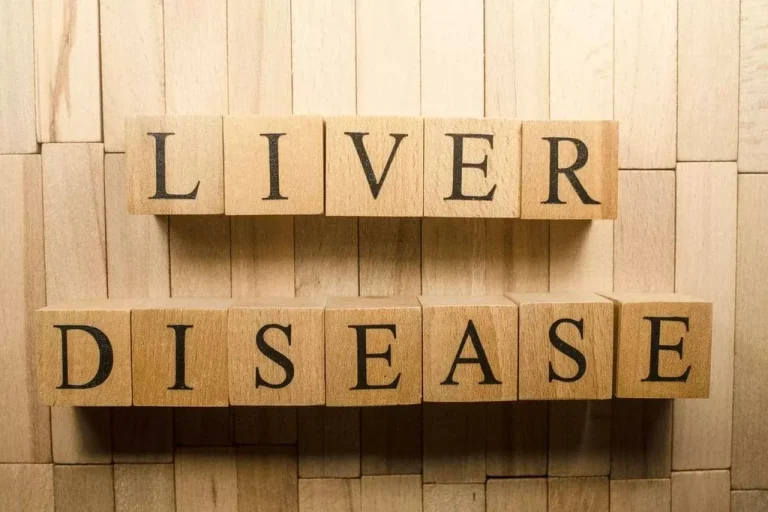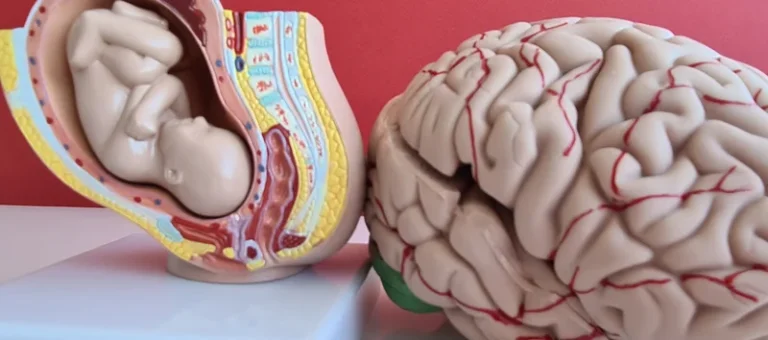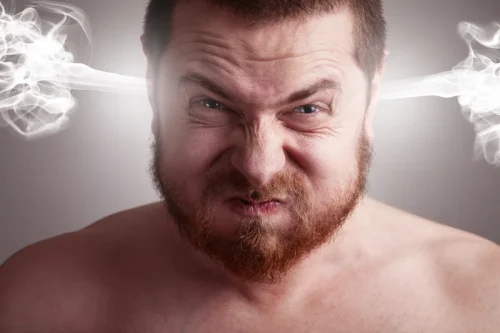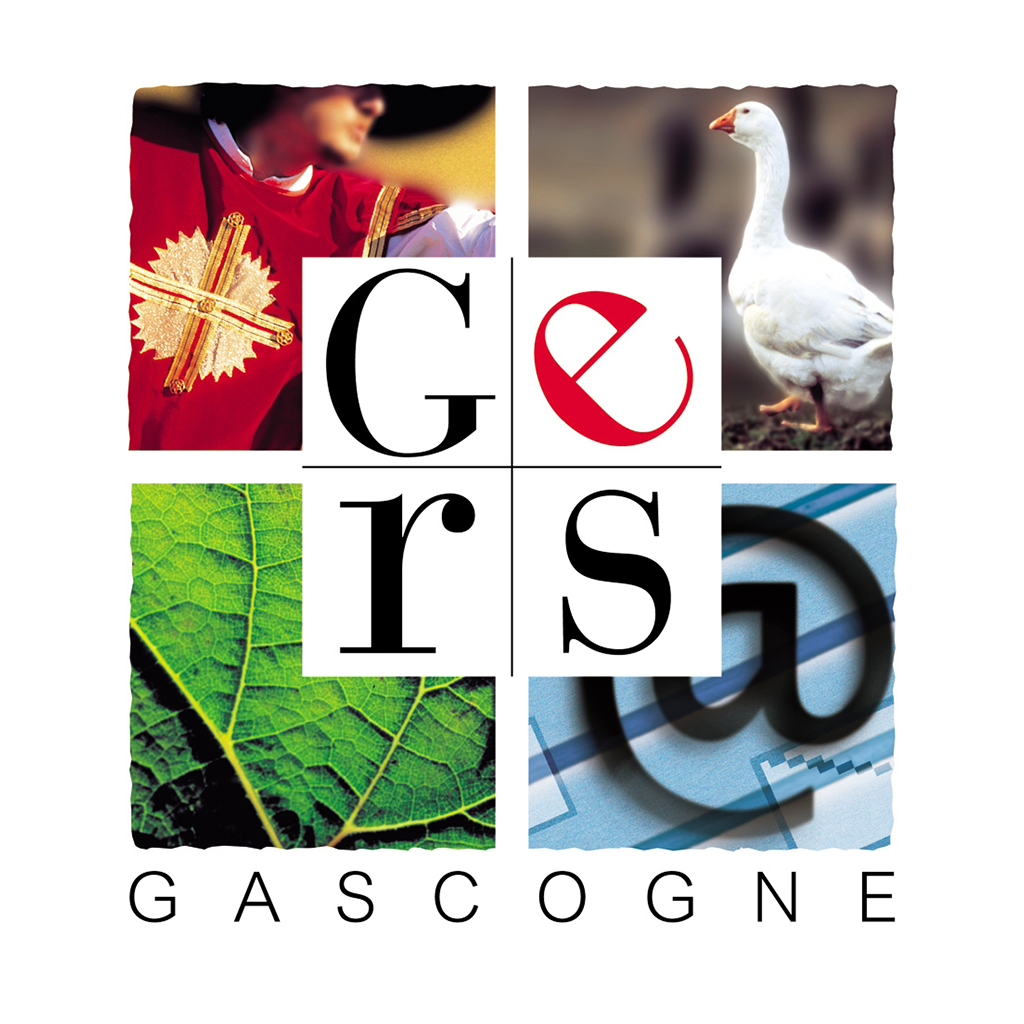
There is no single definitive indicator that alcohol has damaged the brain. Alcohol-related neurological damage manifests in subtle, nonspecific ways that emerge gradually over time. Rather than distinct symptoms, what typically appear first are vague symptoms like mild cognitive difficulties and emotional changes. If you or someone you know is struggling with alcohol dependence, our team of experts is here to provide support, guidance, and compassionate care as you take the important steps toward recovery. While alcohol may provide temporary relief or euphoria, the truth is that it inflicts lasting damage to your brain when consumed heavily over the years. It’s not just bad hangovers and foggy mornings at stake—we’re talking long-term cognitive decline, increased dementia risk, permanent motor problems, strained relationships, and the threat of addiction.

Long-term effects
- The higher a person’s blood alcohol concentration, the higher their risk of alcohol overdose.
- I recommend following an autoimmune diet, or AIP diet, to eliminate toxic and inflammatory foods and replace them with foods rich in essential nutrients, including vitamin B12.
- An overdose of alcohol affects the brain’s ability to sustain basic life functions.
- The end result may be physical and functional brain damage that can undermine a person’s cognitive abilities, emotional state, and self-control.
It is important to remember that your body is going through a lot when you first stop drinking alcohol. The brain is so good at adjusting to changes regarding what you put into your body that it figures out how to function during times when you are drinking heavily. Once you take away the chemical reactions that alcohol causes, your brain has to refigure out how to work normally again.
Lyme Disease
If you recognize any of these symptoms of alcohol misuse in yourself, now might be a good time for a change. In our alcohol rehab center, you’ll find skilled professionals ready to help you every step of https://ecosoberhouse.com/ the way toward building a healthier, happier life in recovery. People with alcohol-damaged hippocampus may frequently repeat themselves, forget appointments or obligations, and struggle with learning.

Brain Fog: What Clears a Cloudy Head Feeling?

It’s an unfortunate reality of aging — those occasional periods of forgetfulness or “brain fog” where you can’t think clearly or have trouble multitasking and comprehending information. Older adults may shrug it off as “senior moments,” but don’t be too quick to blame Father Time for a faulty brain. I hold the experience I had at Ardu very close to my heart and stringing some words together won’t ever be able to adequately describe what it did for my life. Ultimately, I know it was me who made the decision to change, but without the guiding hand, compassion, challenges, and honest work from the therapist and staff, I wouldn’t be where I am today. That’s how your tolerance to larger amounts of alcohol increases until addiction develops.
Ways Quitting Drinking Affects Your Brain

Even moderate users or those who have been drinking in excess for a short period of time can experience mental fog, anxiety, and mood changes. Brain fog may be part of what alcohol brain fog some people call a “migraine hangover,” or “postdrome,” in the hours or days after a migraine. One of the most common symptoms of postdrome is difficulty concentrating.
How to Overcome Brain Fog and Regain Clarity During Recovery
- Over time, dopamine production decreases once your tolerance goes up, meaning you may need more alcohol to feel the same boost over time.
- This organ is responsible for filtering toxins from the blood and converting nutrients into energy.
- Medical supervision, behavioral health treatment, and mutual-aid groups can help you through alcohol withdrawal and stay stopped.
- Detoxification is the process of ridding the body of toxic substances.
Wernicke-Korsakoff’s Syndrome









